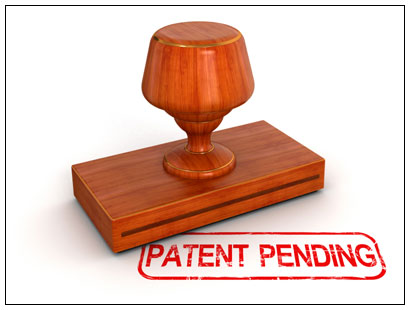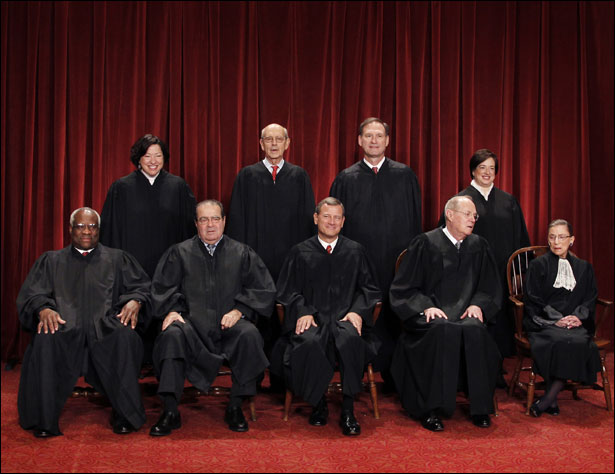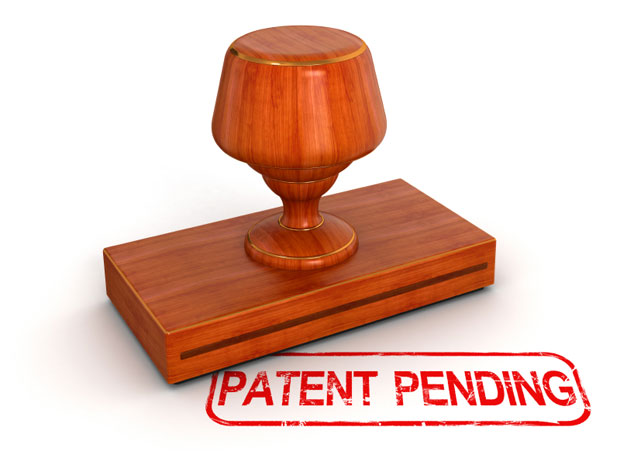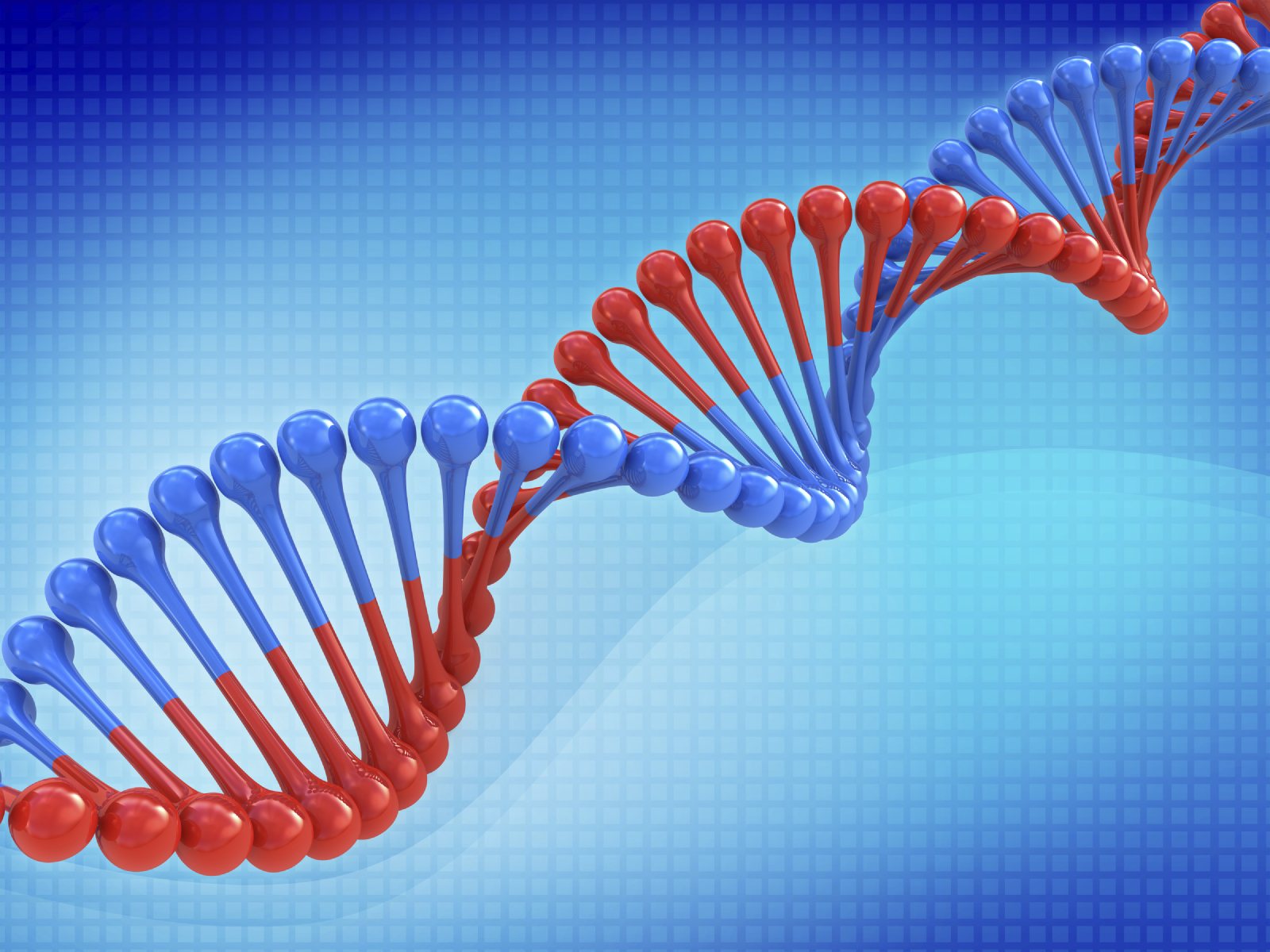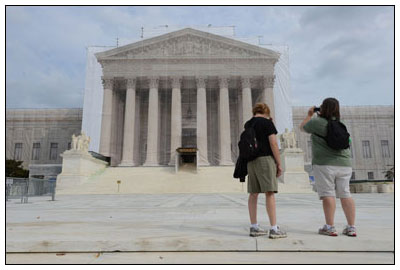Patent attorneys try to keep pace, land large verdicts in Western District
A cottage industry has developed around the so-called “rocket docket” of the Western District of Wisconsin, the speed of which has attracted plaintiffs in patent cases.
Lawyers hope court’s ruling limits patent suits
While everyone has been fixated on patent trolls, experts say a different breed of abusive intellectual-property litigants have been making a comeback: businesses that assert dubious patents for strategic reasons.
US high court ruling leaves questions on software patent eligibility
The U.S. Supreme Court held last week that some, but not all, computer-implemented software functions are too abstract to qualify for a patent.
Last patent case of the term could end in a bust
In the last oral argument of the term, the U.S. Supreme Court on Wednesday took up a closely watched patent case that practitioners hoped would establish a standard for indirect patent infringement.
US justices struggle with software patentability
The justices of the U.S. Supreme Court are facing the difficult task of determining whether computer-implemented software programs that draw on non-computerized principles — a category that could encompass countless types of programs that are in use by millions of people — are eligible for patents.
Justices struggle over attorney fees in patent troll cases
The justices of the U.S. Supreme Court wrangled over the language of a statute that allows prevailing parties in certain patent infringement cases to recoup attorney fees — an issue that could mean millions of dollars in already costly legal proceedings.
Patent ruling leaves lingering questions on burden of proof
The U.S. Supreme Court’s ruling in Medtronic, Inc. v. Mirowski Family Ventures, LLC No. 12-1128, clarified the burden shifting framework for certain types of claims stemming from patent licensing agreements.
Boutique firm founder not afraid to take leap of faith
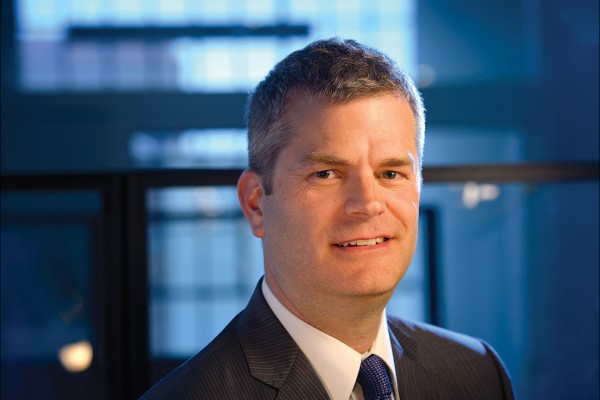 Toby Reynolds tried to avoid following in his lawyer father’s footsteps, but the pull of law was too strong.
Toby Reynolds tried to avoid following in his lawyer father’s footsteps, but the pull of law was too strong.
Supreme Court nixes human gene patents
In a decision that seemed designed to carve out a middle ground in the legal battle over whether companies can hold exclusive rights in the use of biological material, the U.S. Supreme Court ruled Thursday that isolated human genes are not patentable, but synthetically created genetic material may be patented.
Will Obama’s proposals rein in patent trolls?
The Obama Administration has announced five executive actions and seven legislative proposals aimed at holding back the tsunami of litigation by patent trolls, and lawyers are weighing in on whether the recommendations will wall off the tidal waves or merely be sandbags on the shore.
Kohler ordered to pay $9.6 million in patent suit
The Kohler Co. has been ordered in federal court to pay $9.6 million to a Massachusetts manufacturer for infringing on two of its patents for components that reduce exhaust emissions in marine generators.
Supreme Court treads carefully in patent ruling
The U.S. Supreme Court’s surgically narrow ruling prohibiting a farmer from using seeds harvested from patented herbicide-resistant soybeans has left lawyers with more questions than answers about the extent of patent owners’ rights in other emerging, self-replicating technologies.
Legal News
- CIA is obstructing justice and witness tampering in Havana Syndrome cover up, attorney says
- Wisconsin Supreme Court will decide whether mobile voting sites are legal
- WisDOT honors Wisconsin State Patrol staff for going above and beyond to keep communities safe
- Milwaukee Men sentenced to Federal Prison for pharmacy robberies and firearms offenses
- Man arrested in death of 4-year-old was previously convicted of killing another pedestrian
- Justice Department strengthens efforts, builds partnerships to address the crisis of Missing or Murdered Indigenous Persons
- Wisconsin lawyers file University of Wisconsin public records request seeking answers to protests
- Wisconsin Supreme Court issues orders amending Supreme Court rules and Wis. Stats.
- EXCLUSIVE: Former Milwaukee ‘big law’ partner attacks news media for bias against Trump
- Former Milwaukee election official fined for obtaining fake absentee ballots
- Contract dispute prevents airing of 15 regional sports networks, impacts Brewers
- Wis. middle school focuses on recovery as authorities investigate shooting
WLJ People
- Power 30 Personal Injury Attorneys – Russell Nicolet
- Power 30 Personal Injury Attorneys – Benjamin Nicolet
- Power 30 Personal Injury Attorneys – Dustin T. Woehl
- Power 30 Personal Injury Attorneys – Katherine Metzger
- Power 30 Personal Injury Attorneys – Joseph Ryan
- Power 30 Personal Injury Attorneys – James M. Ryan
- Power 30 Personal Injury Attorneys – Dana Wachs
- Power 30 Personal Injury Attorneys – Mark L. Thomsen
- Power 30 Personal Injury Attorneys – Matthew Lein
- Power 30 Personal Injury Attorneys – Jeffrey A. Pitman
- Power 30 Personal Injury Attorneys – William Pemberton
- Power 30 Personal Injury Attorneys – Howard S. Sicula

